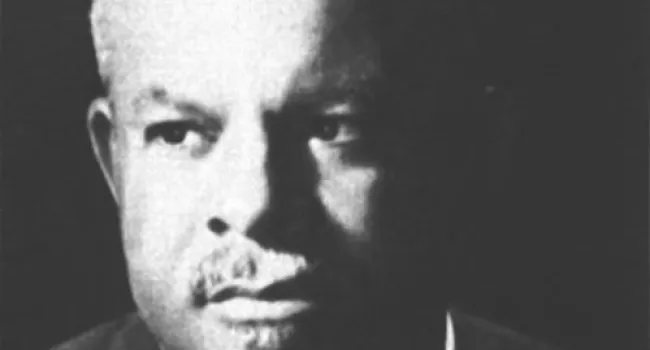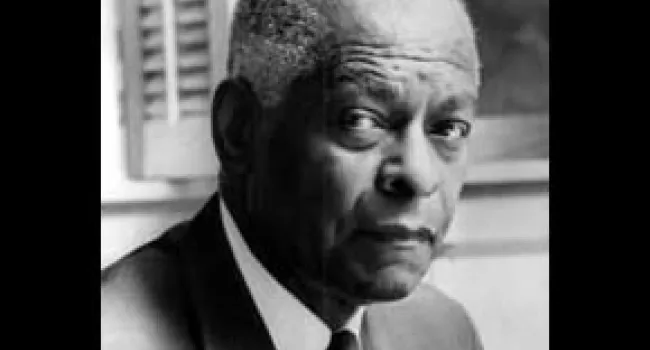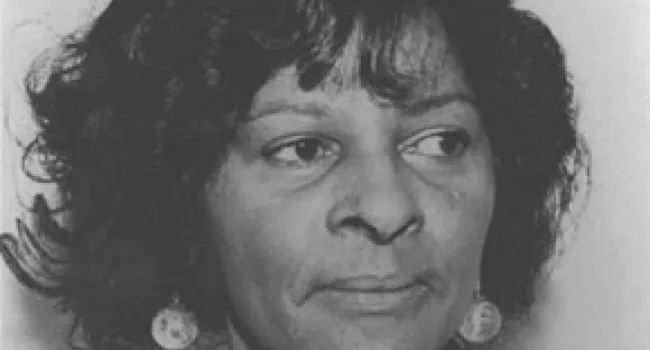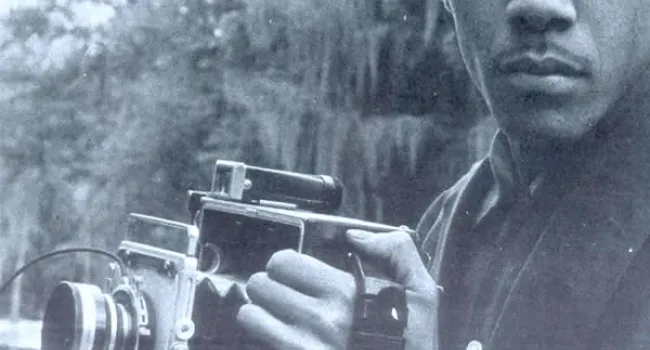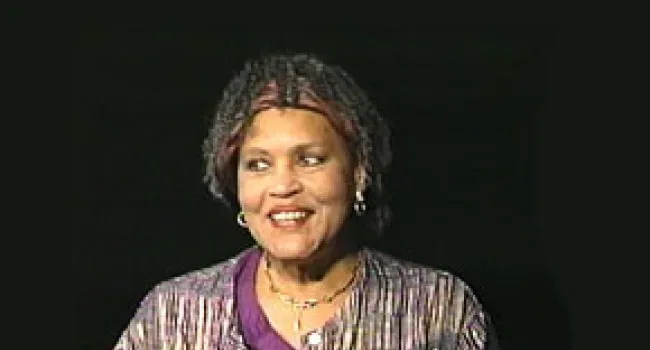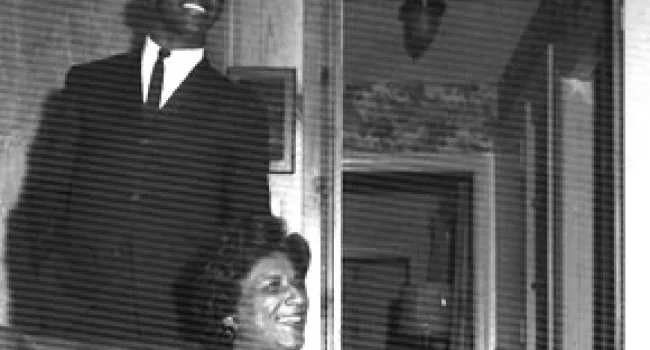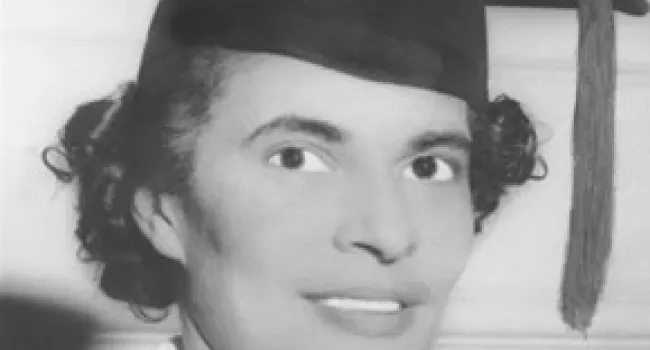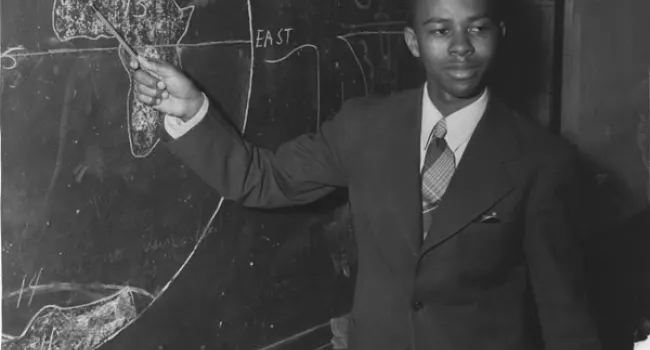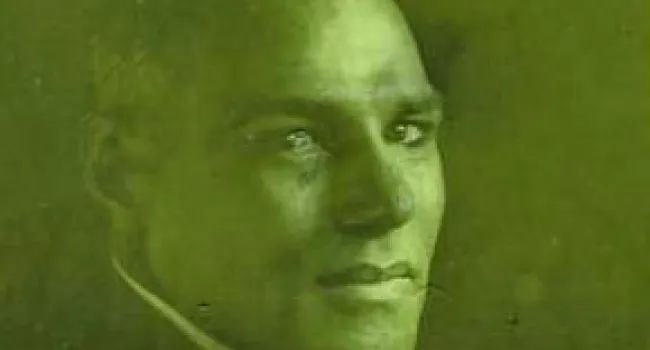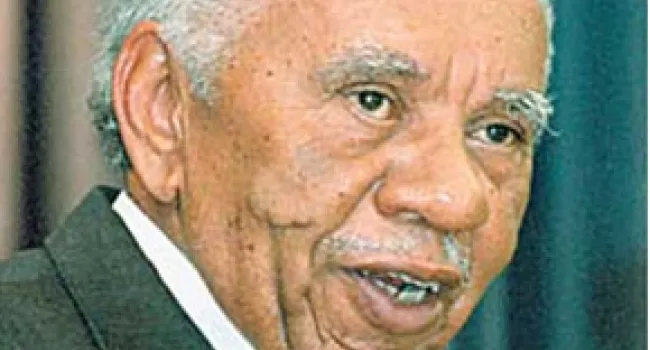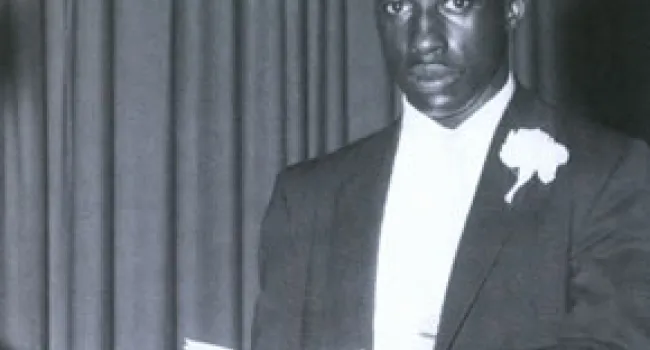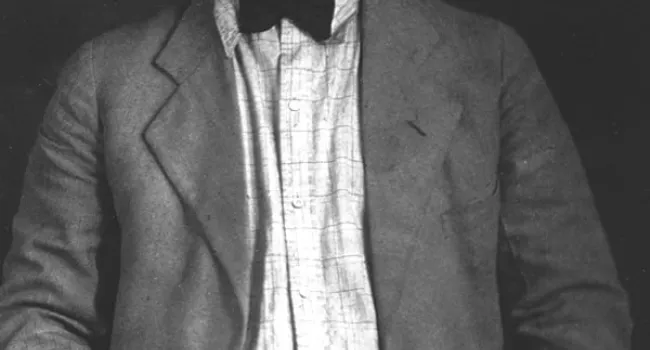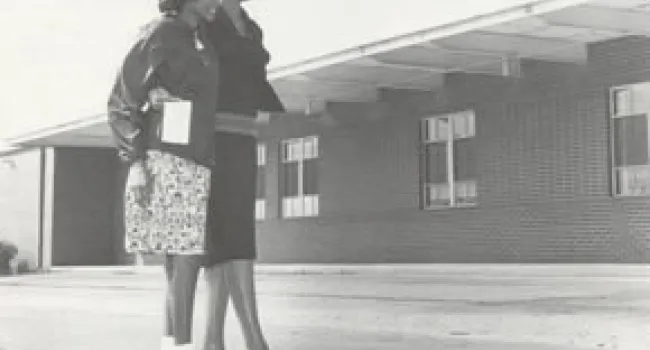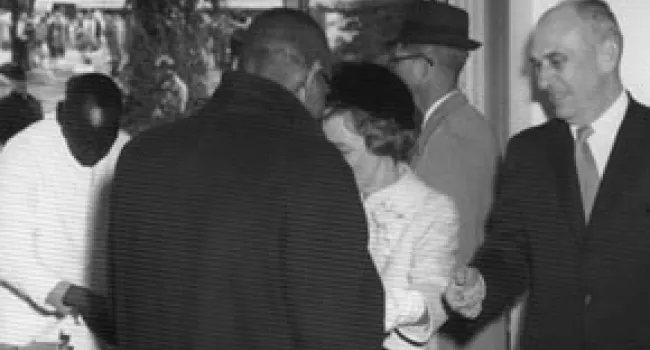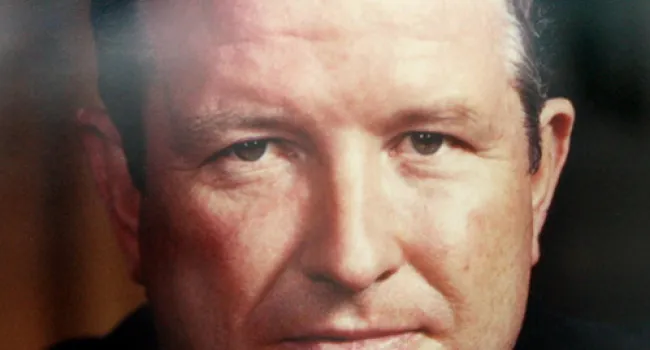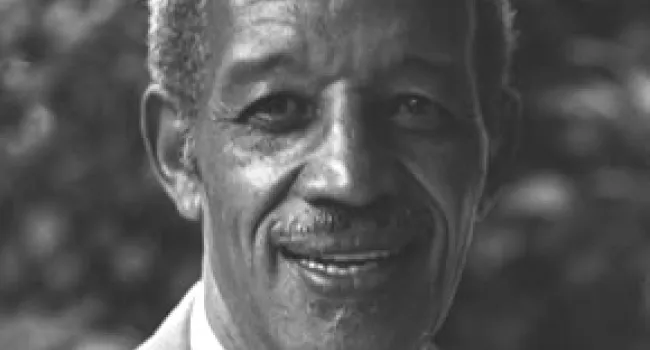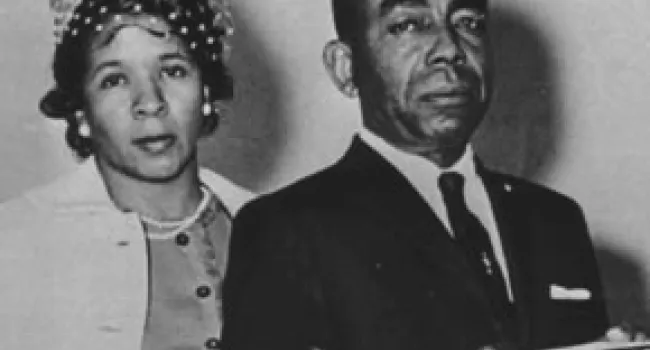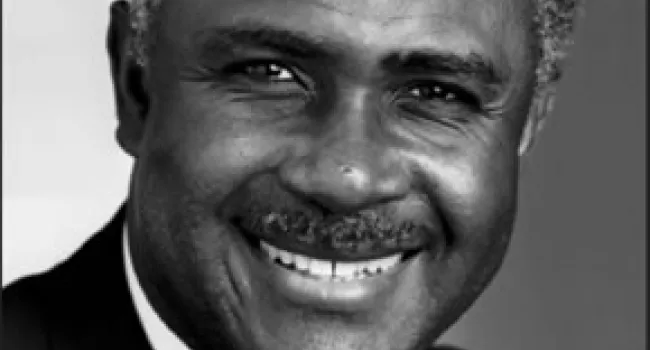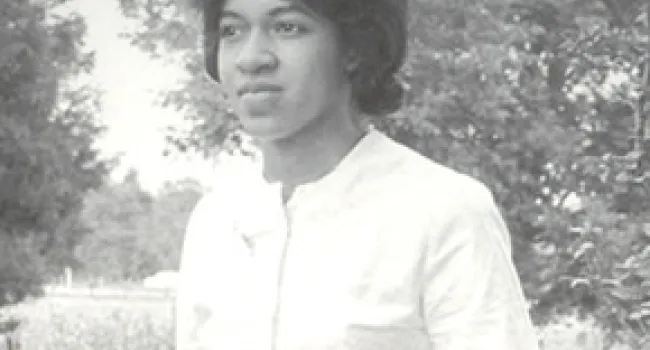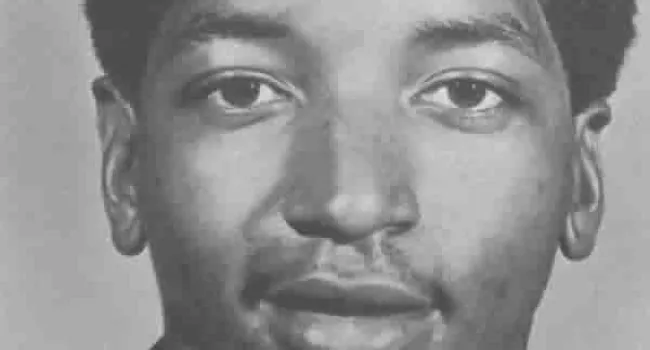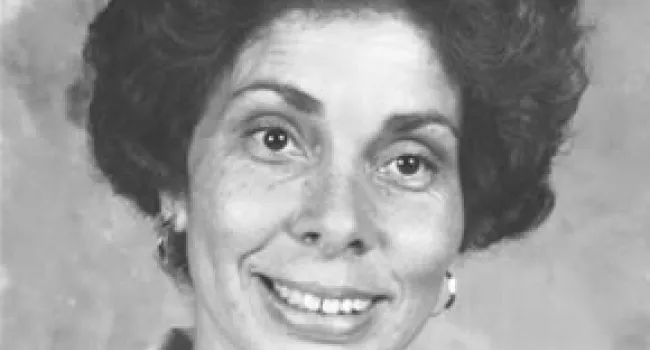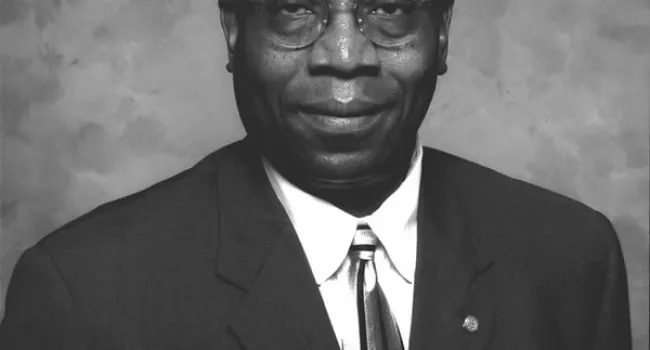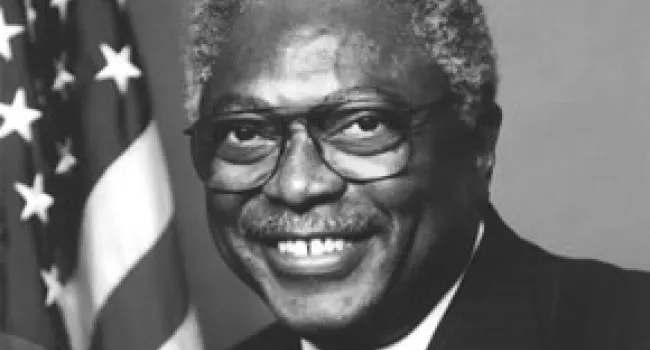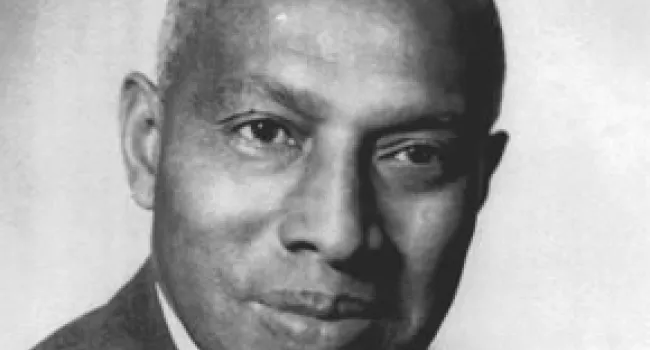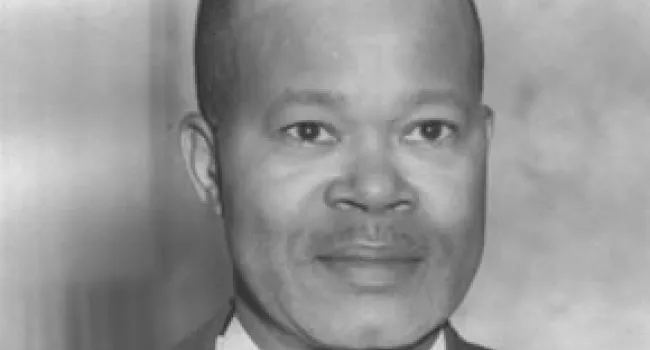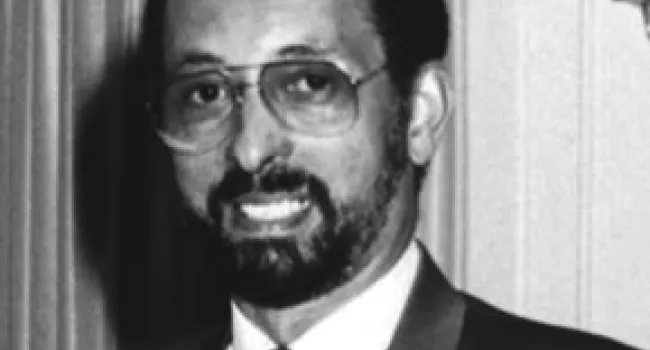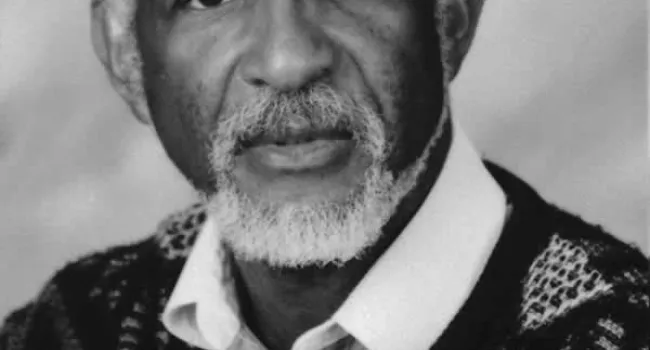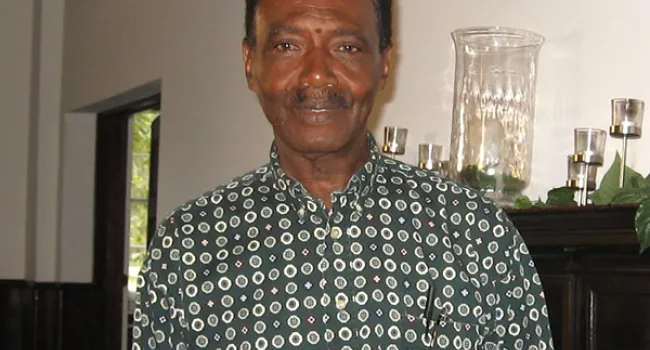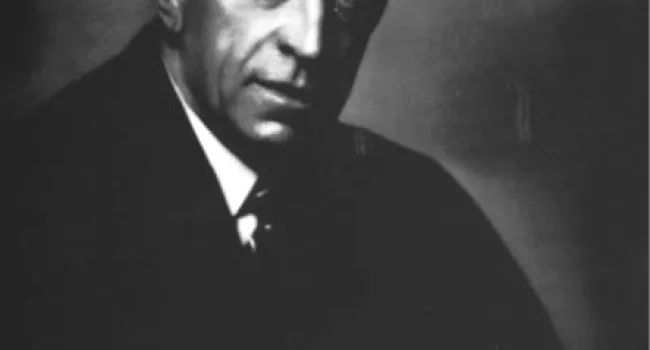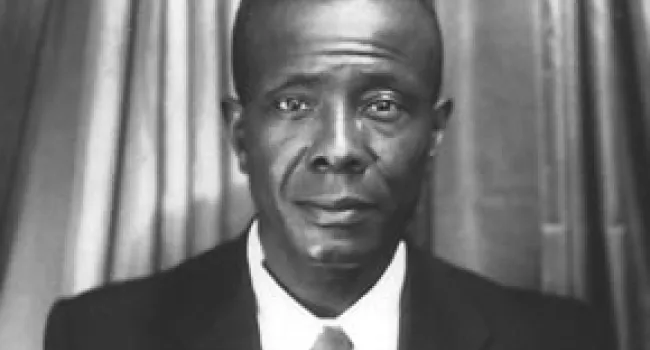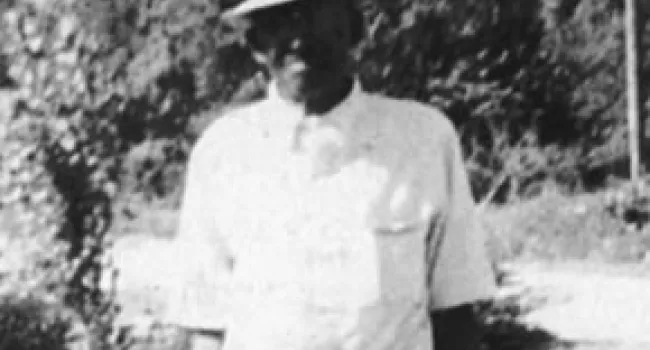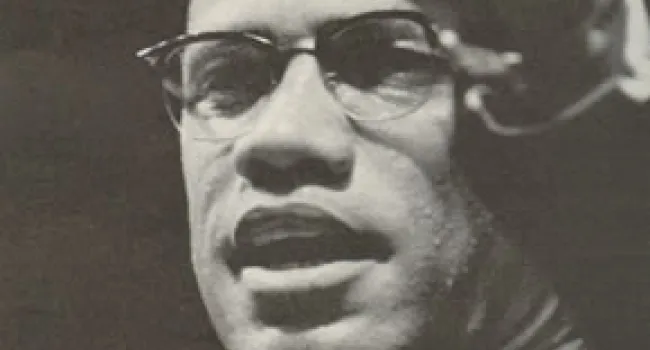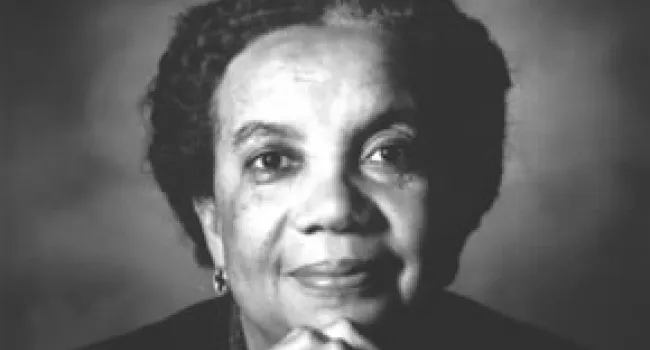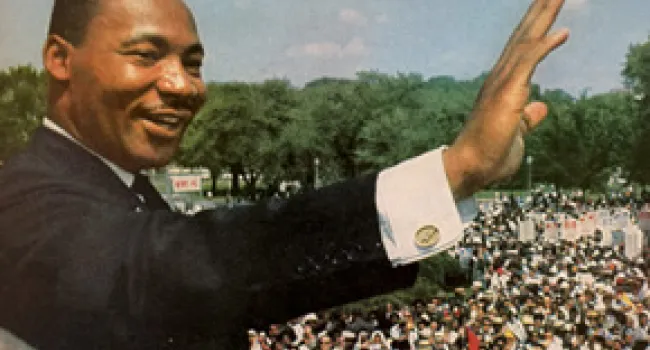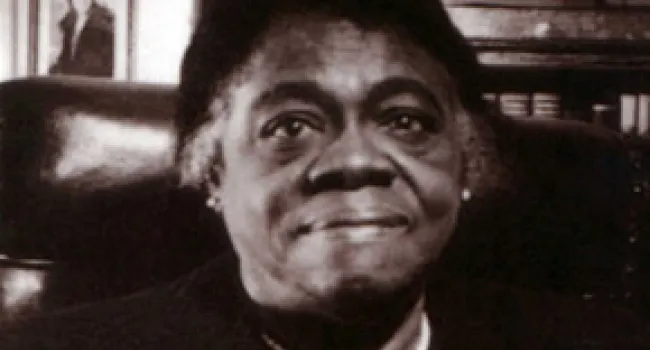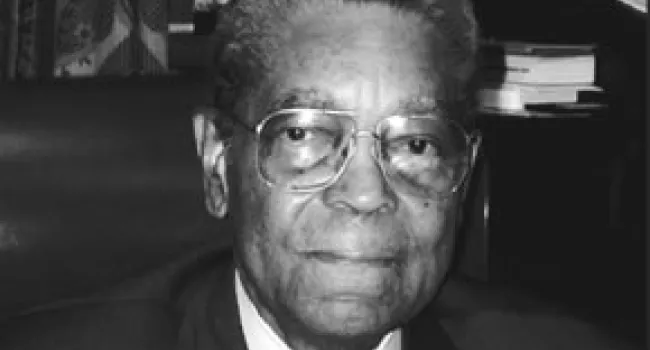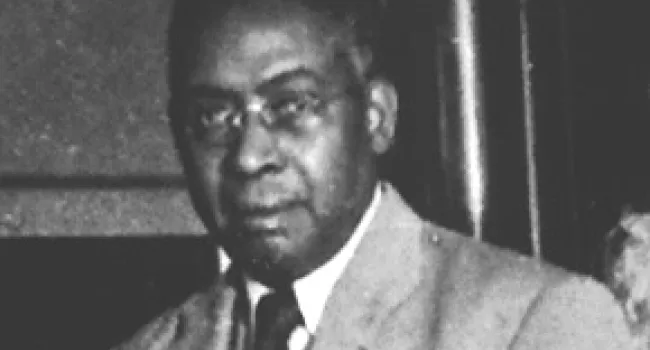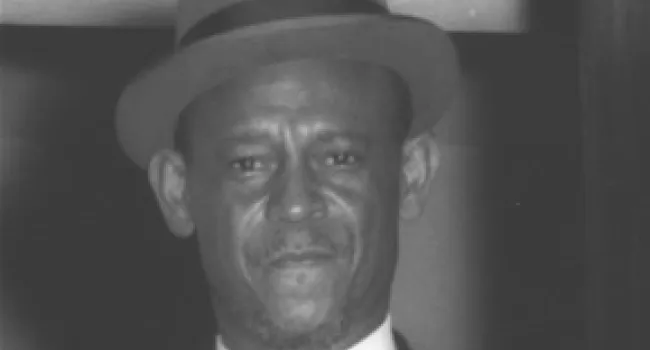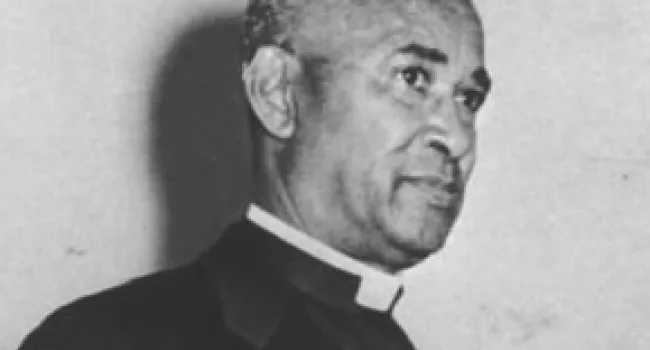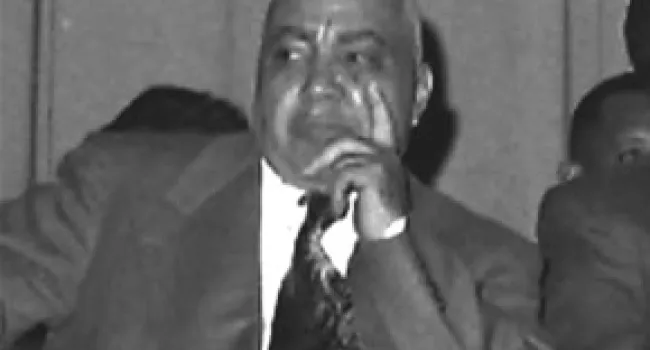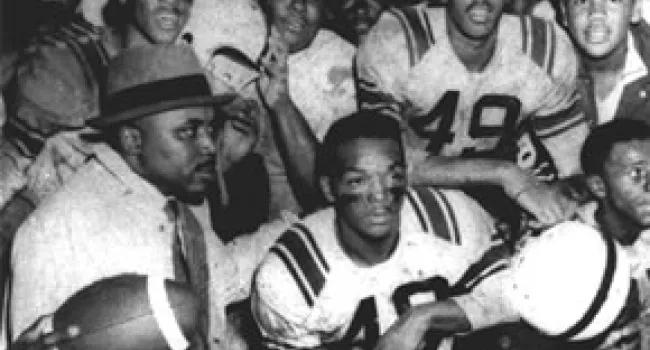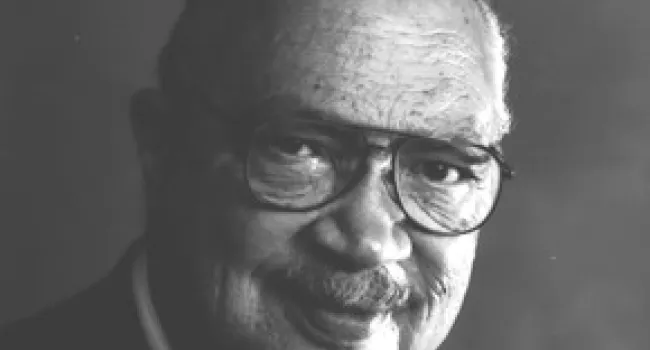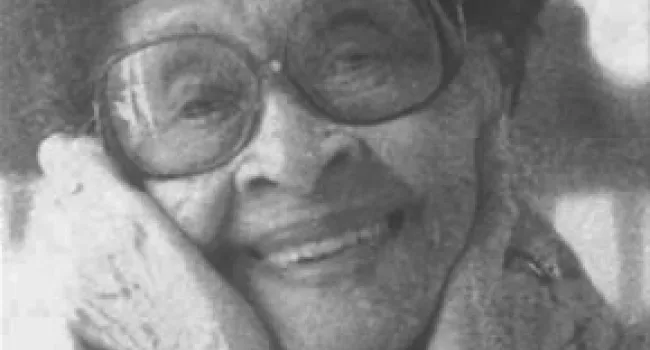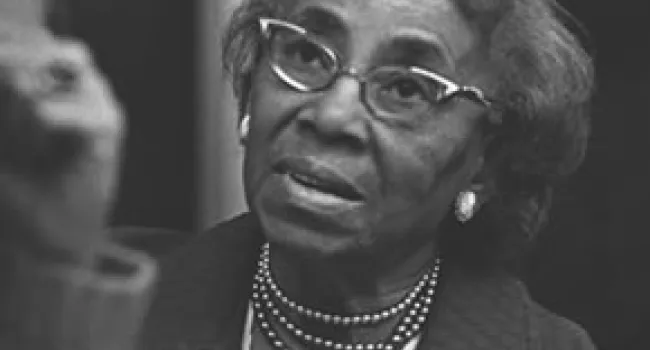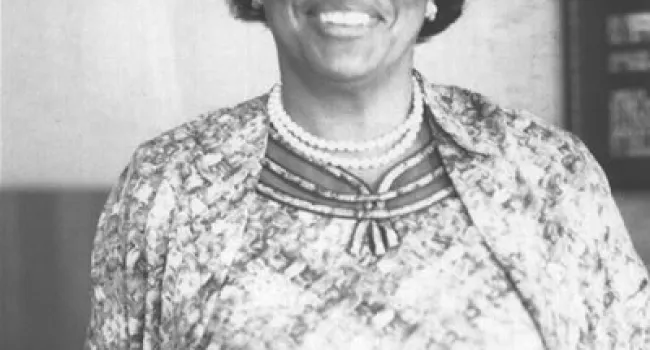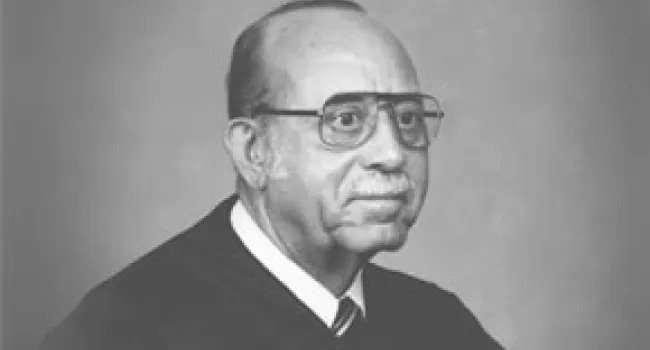
In 1968, Sellers was then a student at Harvard University. He was visiting Orangeburg as a recruiter for the Student Nonviolent Coordinating Committee (SNCC). On the night of February eighth, he arrived on South Carolina State's campus shortly before the shootings (Orangeburg Massacre) began. He was shot while trying to help other injured persons. SLED and the FBI arrested Sellers at the infirmary and charged him with inciting a riot.
One of his lawyers was Dr. Fred H. Moore, the student leader who marshaled student support for a major boycott of White businesses in 1956. Sellers served seven months in prison and was released five months early for good behavior.
In 1993, he received a pardon issued by the State Probation, Pardon and Parole Board. Dr. Sellers is currently the director of African American Studies at the University of South Carolina.
Standards
- 8-7 The student will demonstrate an understanding of the impact on South Carolina of significant events of the late twentieth and early twenty-first centuries.
- This indicator was developed to encourage inquiry into civic engagement, such as military service, public demonstrations, and political activism, to shape the identity of modern South Carolina. This indicator was also written to encourage inquiry into South Carolinians’ use of the court system and legislation to affect South Carolina’s post-World War II identity.
- This indicator was designed to foster inquiry into the role of South Carolina in the Modern Civil Rights Movement, to include the influence of court cases such as Briggs v. Elliot and Flemming v. South Carolina Electric and Gas. This indicator was also developed to promote inquiry into the relationship between national leadership, protests, and events and South Carolina leadership, protests and events, such as the Friendship Nine and the Orangeburg Massacre.
